Instant Opinion: the most important election of a lifetime
Your guide to the best columns and commentary on Monday 2 November
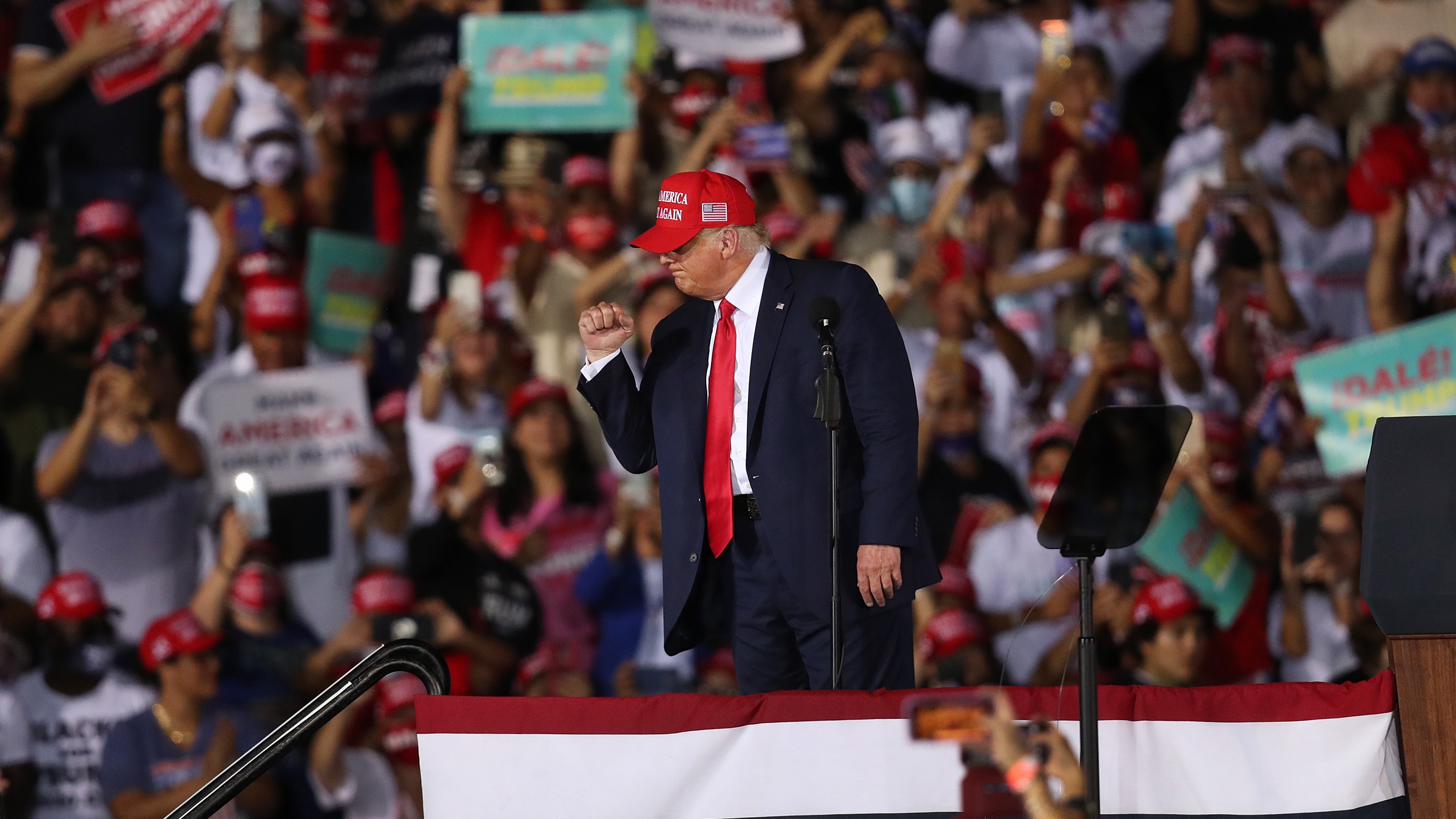
A free daily email with the biggest news stories of the day – and the best features from TheWeek.com
You are now subscribed
Your newsletter sign-up was successful
The Week’s daily round-up highlights the five best opinion pieces from across the British and international media, with excerpts from each.
1. Stephen Collinson on CNN
on a crucial moment in US history
The Week
Escape your echo chamber. Get the facts behind the news, plus analysis from multiple perspectives.

Sign up for The Week's Free Newsletters
From our morning news briefing to a weekly Good News Newsletter, get the best of The Week delivered directly to your inbox.
From our morning news briefing to a weekly Good News Newsletter, get the best of The Week delivered directly to your inbox.
This could be the most important election of a lifetime
“Trump has made clear that becoming the first impeached president to win re-election would cause him to unleash a far purer form of his hardline nationalist ideology, and he may be all but unstoppable in his effort to fully weaponize the institutions of the US government to his own goals and whims. Vindicated by victory, the President would likely double down on crusades against ‘elites’ and warnings that White America is in danger of being overwhelmed by changing demographics.”
2. Nick Timothy in The Daily Telegraph
on the need to change the game
A free daily email with the biggest news stories of the day – and the best features from TheWeek.com
The difficult truth is the Government has no strategy for ending this damaging cycle of lockdowns
“The same problems will remain. A government uncertain of its objective will unavoidably find itself uncertain in its policies. But without a successful test-and-trace scheme, and without mass daily testing, as soon as we started to live normally again, an increase in the reproduction rate became inevitable and so, too, did this lockdown. Now we face restrictions that will surely run beyond December 2 and in all likelihood well into next year. If we want to break the cycle, we need to change the game.”
3. Sean O’Grady in The Independent
on the late foreign correspondent
Fearless and inquisitive, Robert Fisk was the best of The Independent and independent journalism
“He was sometimes a little stubborn and eccentric, and he had his detractors, naturally enough. Yet he deserved his reputation both as a reporter who knew a story when he sniffed it, and as a ‘writer’, if that’s not too pretentious a term. Fisk was one of the few hacks I ever knew who referred to himself in the third person - as in ‘well, what would Old Fisk say about that?’ In his case it was indulged gladly because we - his commissioning editors and his vast audience of readers, from presidents and emirs down - really did want to know what Old Fisk had to say. Plus, he could be pretty charming if he wanted.”
4. Ian Birrell in The Times
on the problem with aid
BBC must follow its own rules and axe Comic Relief
“Yet any notion that the poverty industry is populated by saints has been torn asunder by revelations of sex abuse and fat-cat profiteering. Meanwhile, the BBC ignores rising concerns over naive western aid policies damaging democracy, fostering corruption and fuelling conflict. Far from displaying impartiality, the corporation is a key player on one side of a politically charged debate as well as an active participant in a contentious government policy. This was wrong before Davie issued his new guidelines. Now he simply looks hypocritical if he does not follow his own rules by canning Comic Relief and ending all promotion of the aid sector.”
5. Devi Sridhar in The Guardian
on the example of east Asian and African nations
The evidence is clear: if countries act together, they can suppress Covid
“Rather than acting alone, the UK needs to partner with its neighbours in Europe to agree a common regional approach. African countries have worked well regionally, as have those in east Asia and the Pacific. A cooperative strategy seems like a distant possibility now, but with a truly hard winter ahead for Europe, it may become more feasible in the spring. Countries may realise that the only way forward is together, and an elimination strategy (to stop community transmission within national borders) is the least-worst path through this crisis for their economies and societies. Integrity, competence, kindness, compassion, empathy, vision and hard work: these seem to be the core traits of the leaders who have won the trust of their populations and led their countries effectively through this crisis.”
-
 The pros and cons of tapping your 401(k) for a down payment
The pros and cons of tapping your 401(k) for a down paymentpros and cons Does it make good financial sense to raid your retirement for a home purchase?
-
 Music reviews: Ari Lennox, Lucinda Williams, and A$AP Rocky
Music reviews: Ari Lennox, Lucinda Williams, and A$AP RockyFeature ‘Vacancy,’ ‘World’s Gone Wrong,’ and ‘Don’t Be Dumb’
-
 Book reviews: ‘Vigil: A Novel’ and ‘Fear and Fury: The Reagan Eighties, the Bernie Goetz Shootings, and the Rebirth of White Rage’
Book reviews: ‘Vigil: A Novel’ and ‘Fear and Fury: The Reagan Eighties, the Bernie Goetz Shootings, and the Rebirth of White Rage’Feature Taking on the space between life and death and a look back at a 1984 shooting that shocked New York City
-
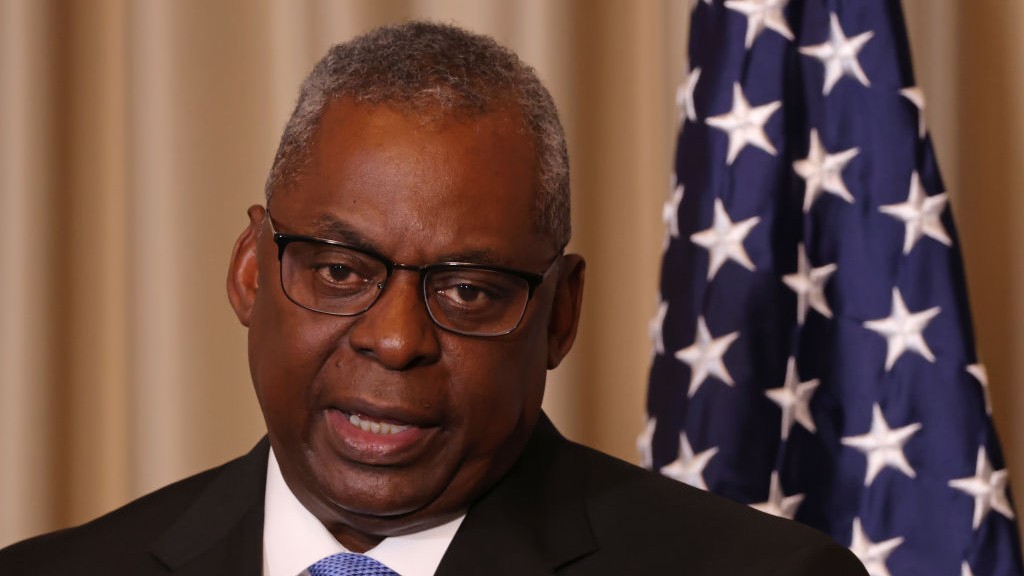 10 things you need to know today: January 7, 2024
10 things you need to know today: January 7, 2024Daily Briefing White House reportedly left unaware of defense secretary’s hospitalization, Biden to deliver State of the Union address on March 7, and more
-
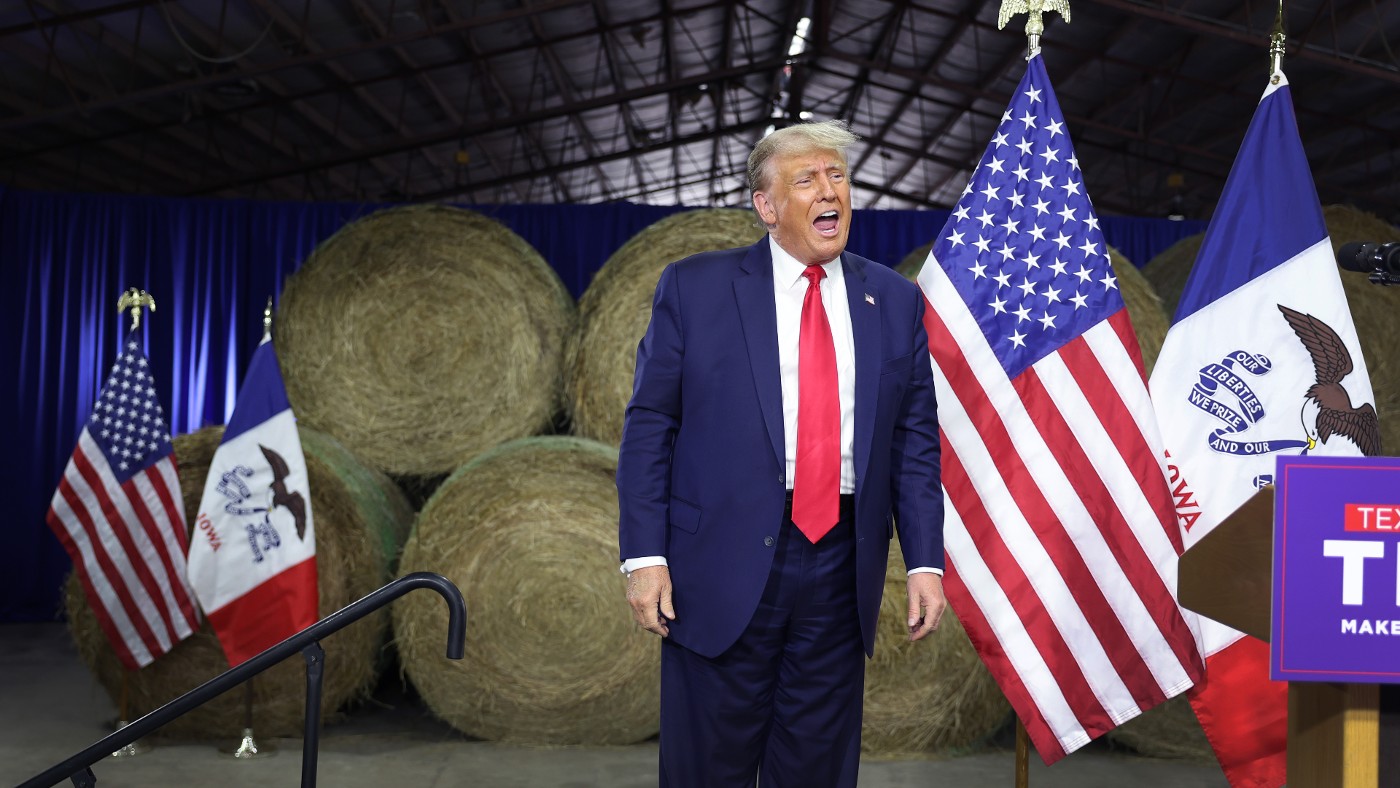 Flies attack Donald Trump
Flies attack Donald TrumpTall Tales And other stories from the stranger side of life
-
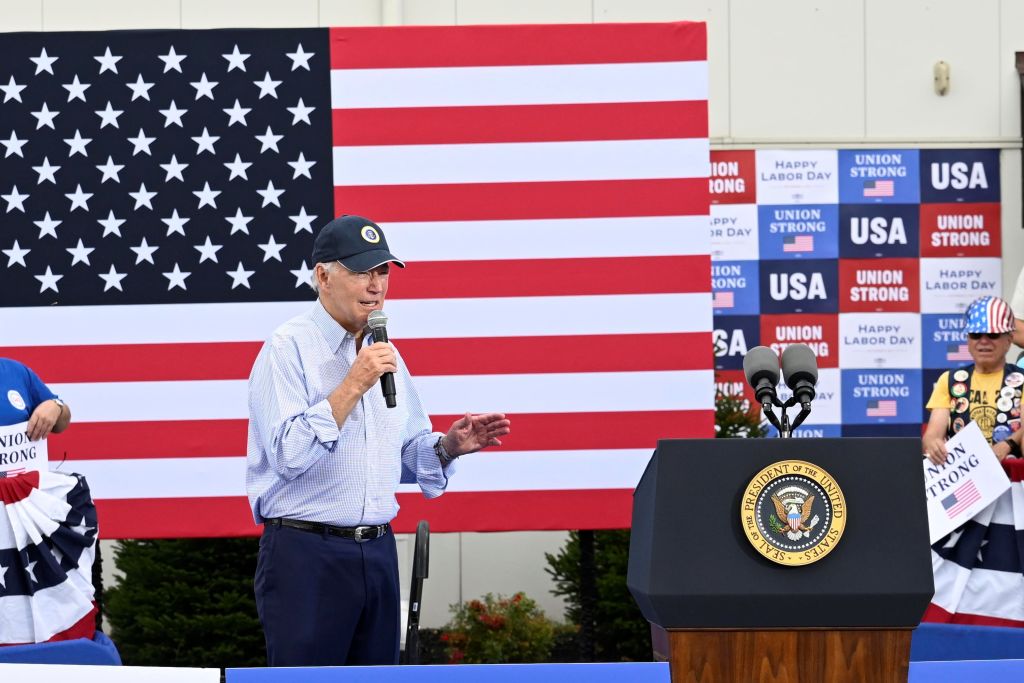 10 things you need to know today: September 5, 2023
10 things you need to know today: September 5, 2023Daily Briefing President Biden courts unions on Labor Day, thousands leave Burning Man after being trapped by desert mud, and more
-
 ‘Irony’ as Zoom calls staff back to office
‘Irony’ as Zoom calls staff back to officefeature And other stories from the stranger side of life
-
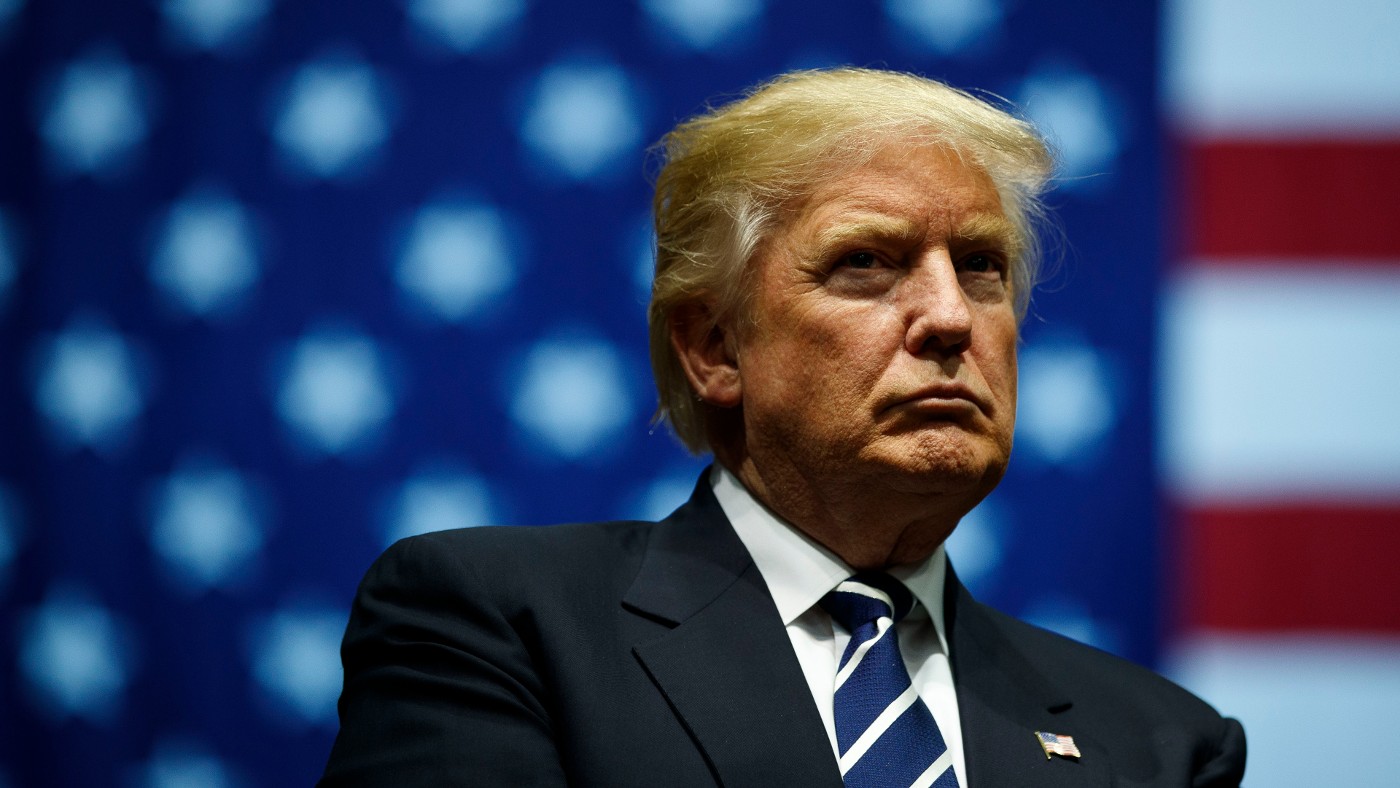 Donald Trump criminal charges for 6 January could strain 2024 candidacy
Donald Trump criminal charges for 6 January could strain 2024 candidacySpeed Read Former president’s ‘pettifoggery’ won’t work well at trial, said analyst
-
 The U.S. veterinarian shortage crisis
The U.S. veterinarian shortage crisisSpeed Read With an anticipated shortage of 15,000 vets by 2030, it will be harder to get care for pets
-
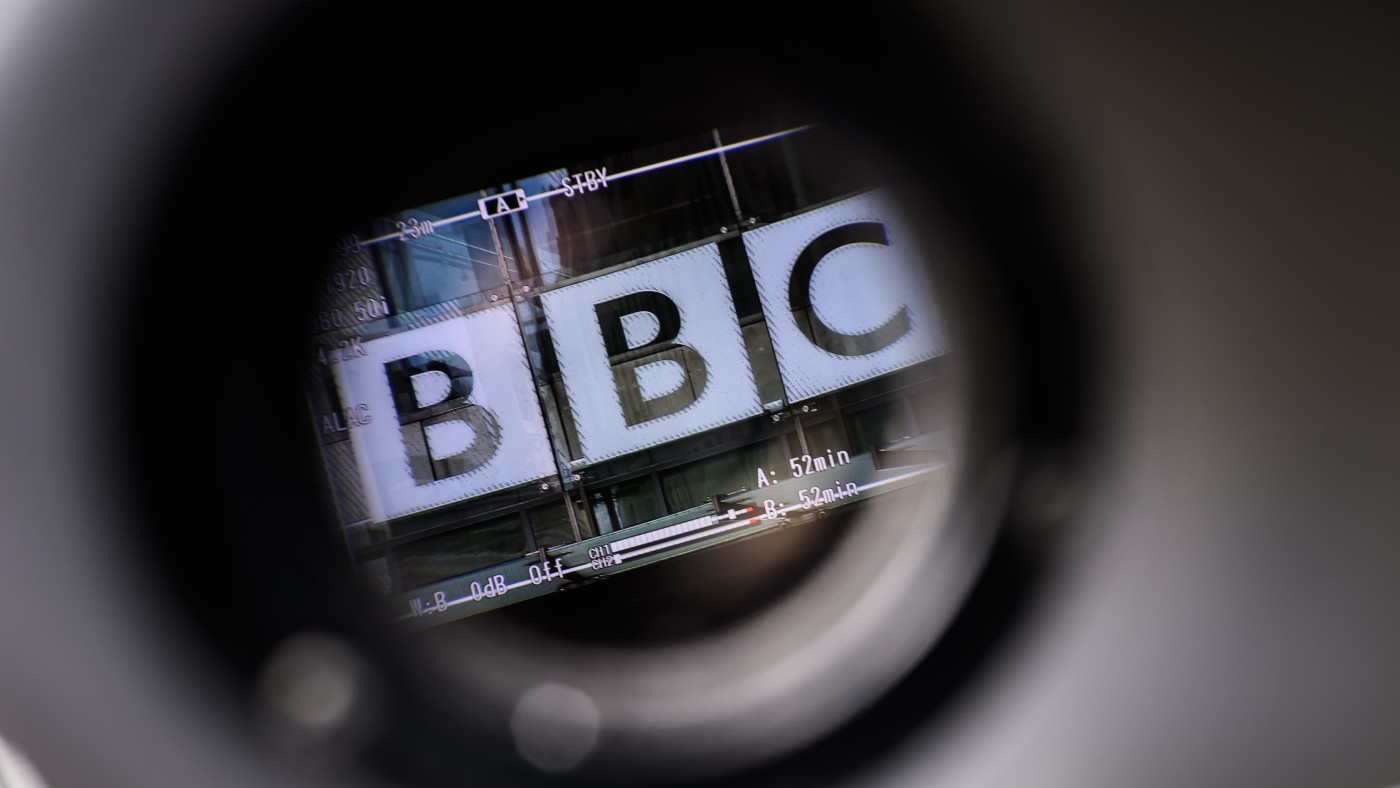 BBC pauses probe into presenter ‘sex scandal’ as police take over
BBC pauses probe into presenter ‘sex scandal’ as police take overSpeed Read Met Police weighing up whether to launch criminal investigation as Rishi Sunak calls claims ‘shocking and concerning’
-
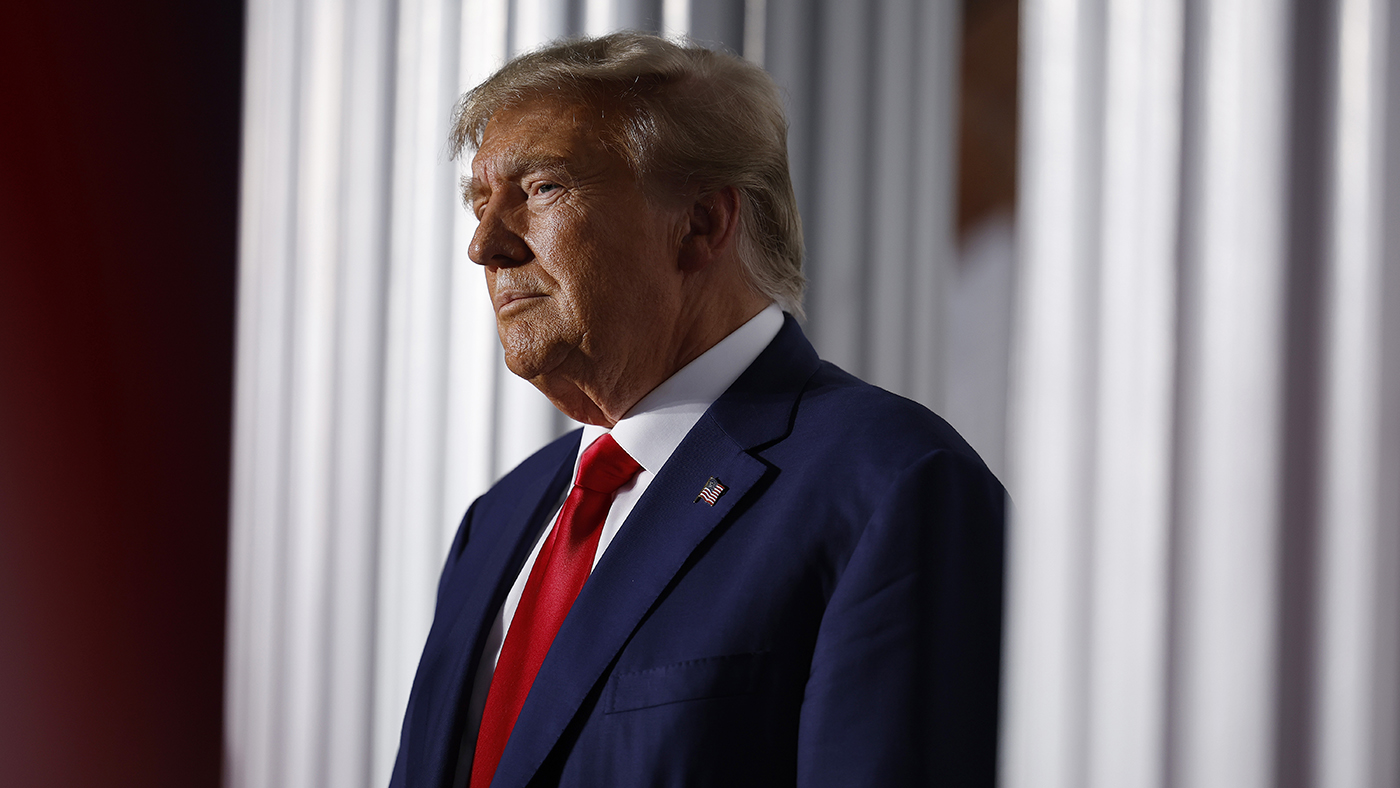 Donald Trump in the dock: a fraught moment for US democracy
Donald Trump in the dock: a fraught moment for US democracyTalking Point There is speculation that former president could end up running his 2024 election campaign from behind bars